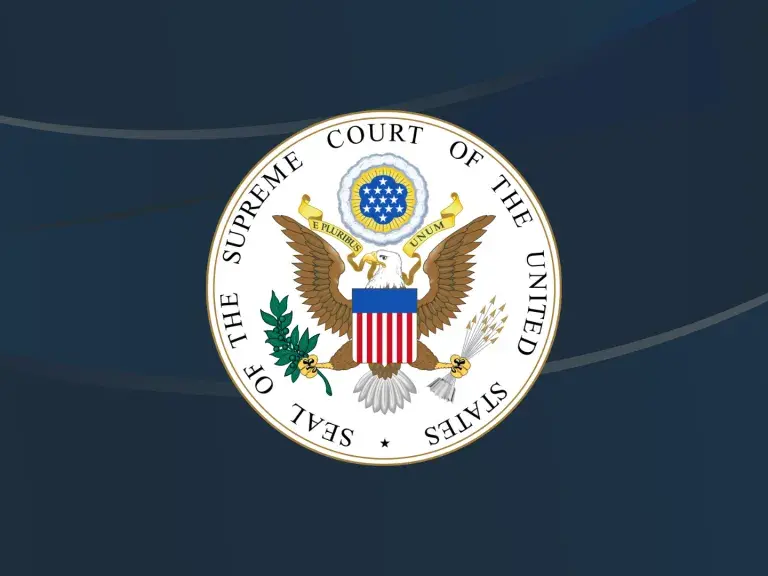
On April 13, 2020, the U.S. Supreme Court announced it will hear the oral arguments in ten cases by telephone conference on May 4,5,6,11,12, and 13. The Justices and counsel will participate on the call, and live audio feed is expected to be provided to the news media. The Court previously postponed the hearings in these cases due to the coronavirus. The specific argument dates will be assigned at a future date.
One of the cases, McGirt v. Oklahoma, is especially significant to Indian nations in Oklahoma and Native women and children. At issue in McGirt is whether the State of Oklahoma can prosecute an enrolled member of the Muscogee (Creek) Nation for crimes committed within the historical Creek reservation boundaries. Jimcy McGirt, who was convicted of crimes by the State, argued Oklahoma could not do so under the Indian Major Crimes Act because crimes involving a Native American victim or perpetrator, or occurring within recognized reservation boundaries, are subject to federal, not state jurisdiction.
The Indian Law Resource Center joined the amici curiae brief of the National Indigenous Women’s Resource Center, which offers a unique view on the relationship between Congress’ power over Indian affairs, tribal sovereign authority to prosecute crimes by or against tribal citizens, and restoring safety for Native women and children. Agreeing with the Petitioner and the Creek Nation that the Creek Nation’s Reservation has never been legislatively disestablished, the amicus brief observes that “[j]udicially disestablishing reservations . . . threatens to place criminal jurisdiction over the crimes committed against the most vulnerable victims in the hands of the sovereign least likely to prosecute.”
McGirt’s jurisdictional argument is similar to that in another case, Sharp v. Murphy, namely that the State of Oklahoma could not prosecute him because the crime took place on an Indian reservation that had never been disestablished by Congress, instead of on land under state control. In June 2019, the Supreme Court failed to issue a decision in Murphy, and the case was placed on the Court’s calendar for “reargument” during the 2020 Term.
